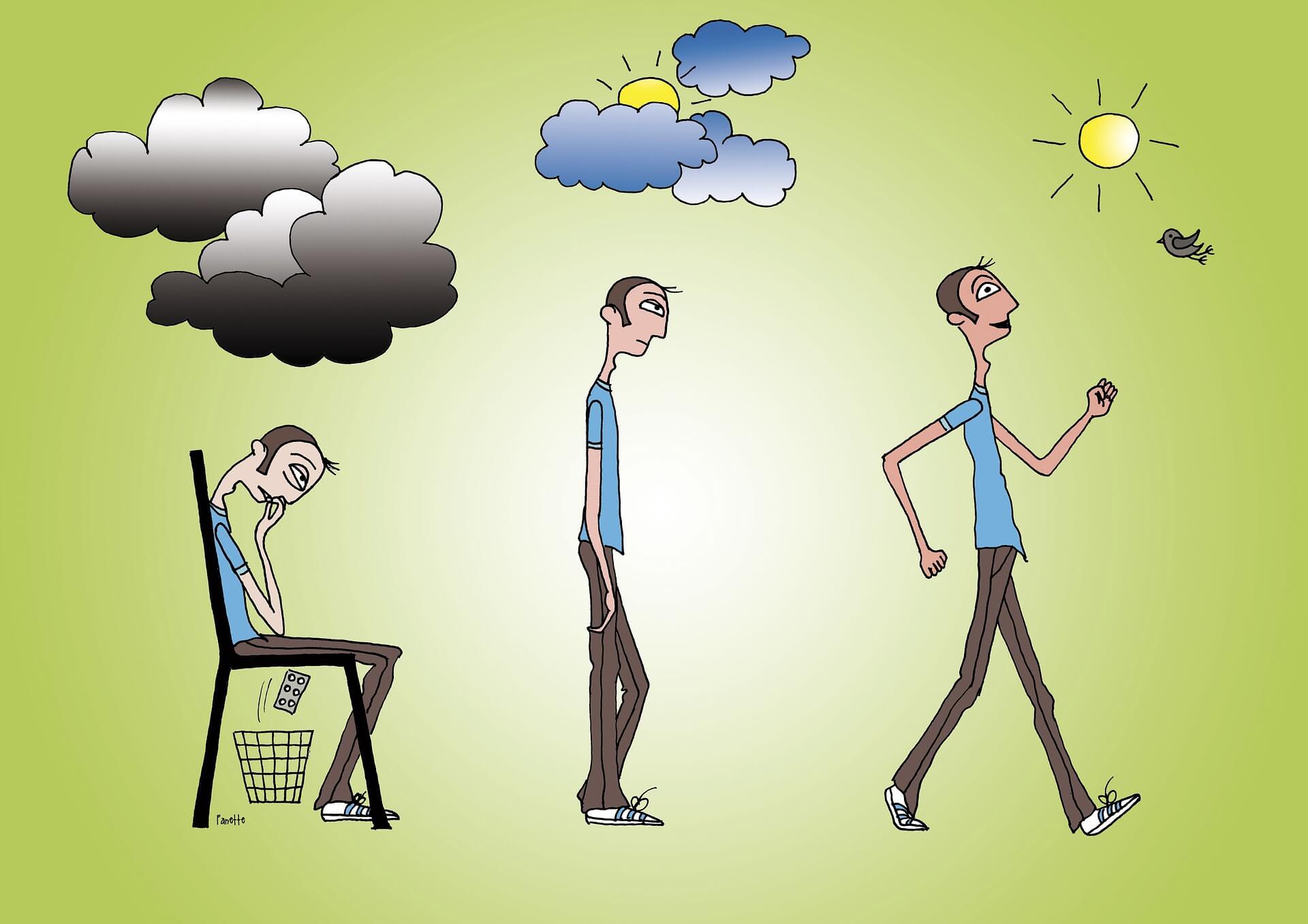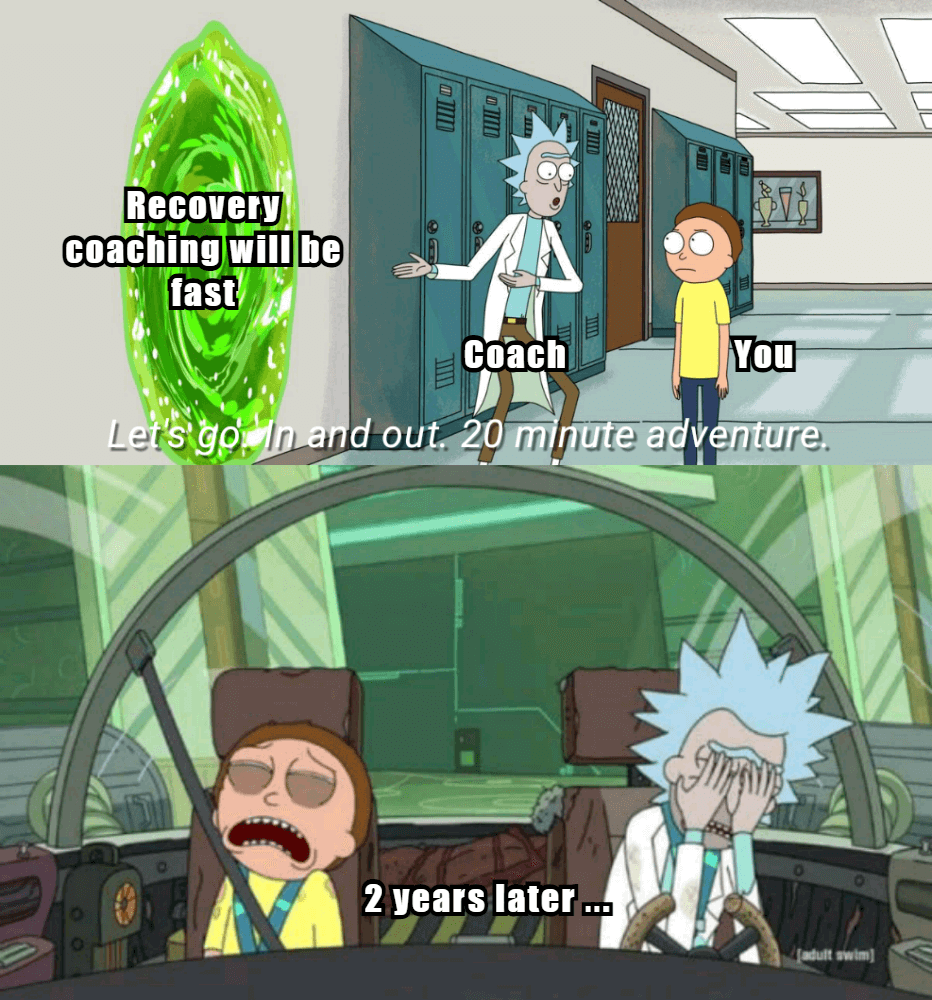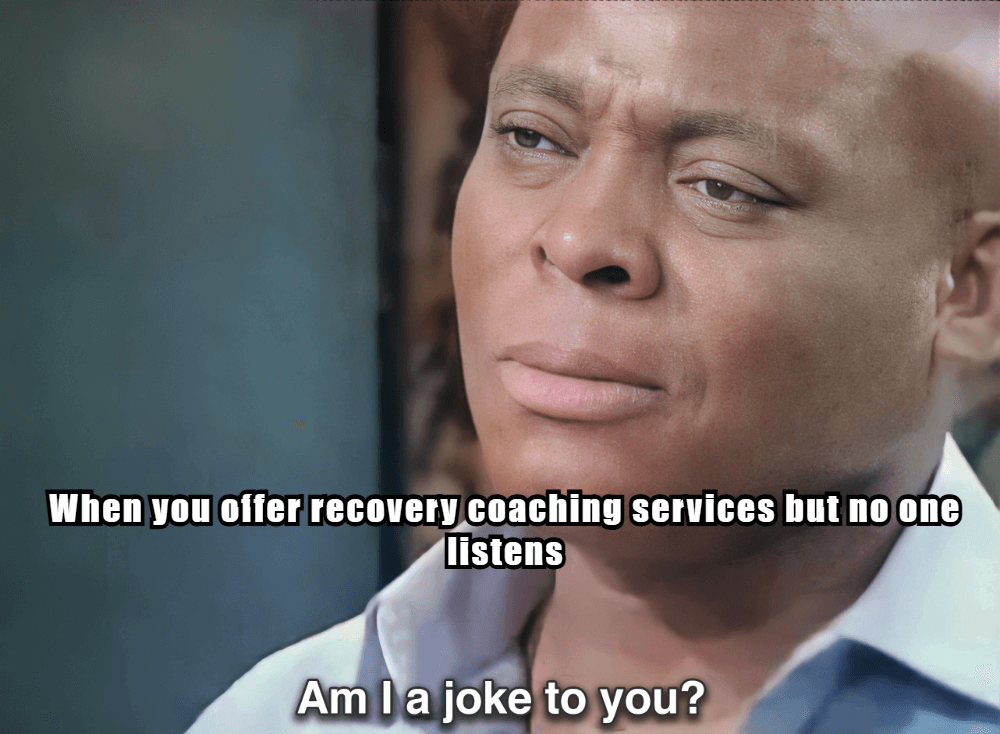The recovery coaching service has actually become a very important tool for helping many individuals overcome addiction and hence grow in person. Such a holistic approach to recovery offers the benefits of recovery going beyond other forms of healing, hence giving one personalized coaching, accountability, and more guidance to transformation.
Definition of Recovery Coaching
Recovery coaching is a mutual accountability partnership between a trained professional and an individual who desires to overcome addiction and work toward better well-being. Unlike conventional therapy, recovery coaching deals with the present and the future, where clients acquire hands-on skills and approaches for dealing with the challenges of recovery and living a more satisfying life in sobriety.
Important Elements of Recovery Coaching

Personalized Help: Recovery coaches tailor help to each client’s unique requirements and circumstances.
Responsibility: Coaches give clients a sense of committing to their recovery goals. They are responsible for their conduct.
Skill Building: Recovering clients learn the major life skills and coping with strategies to maintain sobriety and enjoy life in all its complexities.
Holistic Approach: Recovery coaching addresses, not only addiction but also global wellness, including physical, emotional, and mental health.
The Role of a Recovery Coach
The recovery coach is a facilitator in the recovery process. He or she acts as a support, guiding, and expert resource that can help clients achieve their goals. The role of a recovery coach is multifaceted, moving beyond traditional treatment approaches.
Key Responsibilities of Recovery Coaches

Assessment and Planning: Coaches must assess individual needs and create personalized recovery plans.
Building Trust and Rapport: Establish supportive, non-judgmental relationships with clients.
Motivation and Ambivalence Exploration: Helping clients explore their motivations and overcome resistance to change.
Coping Skill Development: Helping out in the development of efficacious strategies for handling triggers and stressors
Ongoing Support and Accountability: Supporting clients with continuous guidance while assuring them that they never lose focus on their recovery objectives
Relapse Prevention: Identifying the different triggers and designing strategies for prevention
Progress Celebration: This helps in acknowledging achievement by boosting motivation and confidence.
Benefits of Recovery Coaching on Sustainable Growth
Recovery coaching provides many advantages leading to long-term recovery and personal growth. Those advantages are not limited to recovery from addiction but may extend to other areas in the life of an individual.

1. Personalized Support and Accountability
Recovery coaches work to provide individualized support geared to the specific challenges or goals of each client. Personalized support ensures people get the specific guidance they need in overcoming obstacles and maintaining recovery.
Key Benefits:
- Tailored recovery plans
- Individualized attention and support
- Consistent follow-up and tracking of progress
2. Skill Building and Empowerment
Recovery coaching is centered on providing clients with functional skills and resources to overcome daily life challenges and sustain sobriety.
Key Skills Acquired:
- Managing stress
- Effective communication
- Problem-solving
- Money management
- Time management
3. Relapse Prevention and Risk Reduction
Recovery coaches are essential in helping clients recognize triggers and developing strategies for preventing relapse.
- Relapse Prevention Strategies
- Identification and management of triggers
- Development of coping skills
- Building support networks
- Reducing stress techniques
4. Better Mental Health and Well-being

Recovery coaching helps address the root causes of addiction, thereby improving mental health and overall well-being.
Mental Health Benefits:
- Reduced anxiety and depression
- Increased self-esteem and confidence
- Improved emotional regulation
- Better stress management
5. Building Supportive Networks
Recovery coaches enable their clients to build and maintain supportive relationships, which are the most important aspects of recovery success.
Network Building Strategies:
- Connecting with support groups
- Rebuilding family relationships
- Building healthy friendships
- Community engagement
6. Career and Personal Growth
Recovery coaching is a more comprehensive process than recovery from addiction, as it helps clients achieve their personal and professional goals.
Components of Growth:
- Career and job readiness
- Education and learning
- Personal goal setting and accomplishment
- Life skills development
7. Holistic Wellness Model
Recovery coaches can take a holistic approach to wellness, addressing the physical, mental, and spiritual aspects of recovery.
Components of Holistic Wellness:
- Physical well-being and fitness
- Nutrition and diet
- Mindfulness and meditation
- Spiritual growth and exploration
The Effects of Recovery Coaching on Sustainable Growth
Recovery coaching has demonstrated significant positive effects on people’s ability to achieve and sustain long-term recovery. Several important outcomes have been linked with recovery coaching services, as demonstrated by research.
Enhanced Recovery Outcomes
Research has found that individuals who receive recovery coaching services have:
- Higher rates of sustained abstinence
- Lower relapse rates
- Better quality of life
- Better social functioning
Long-term Benefits
The benefits of recovery coaching are seen long after the initial period of recovery and support and contribute to sustainable personal growth and development.
Long-term Impacts:
- Increased self-efficacy and confidence
- Better decision-making skills
- Improved resilience and adaptability
- Increased life satisfaction and fulfillment
Recovery Coaching vs. Traditional Treatment Approaches
Although recovery coaching supports traditional methods of treatment, it offers unique advantages that separate it from other approaches.
Recovery Coaching |
Traditional Treatment |
| Focuses on present and future challenges | May emphasize past experiences and trauma |
| Provides ongoing, long-term support | Often time-limited or episodic |
| Emphasizes skill development and practical strategies | May focus more on therapeutic interventions |
| Tailored to individual needs and circumstances | May follow standardized treatment protocols |
| Addresses multiple life domains | Often focuses primarily on addiction |
Implementing Recovery Coaching for Sustainable Growth

To maximize the benefits of recovery coaching, individuals and organizations can consider the following strategies:
Early Integration: Incorporate recovery coaching services early in the treatment process to provide continuous support.
Comprehensive Evaluation: Conduct in-depth evaluations to determine individual requirements and objectives for each client.
Collaborative Services: Foster collaboration among recovery coaches, therapists, and other healthcare professionals.
Ongoing Review: Continuously monitor progress and modify coaching techniques if needed.
Family Involvement: Involve family members as part of the recovery coaching process when appropriate.
Use of Technology: Leverage digital platforms and tools to improve communication and support between sessions.
Conclusion
Recovery coaching is a powerful way to achieve long-term growth in recovery. It helps you overcome addiction and thrive in all areas of life with personalized support, accountability, and practical skills development. Recovery coaching is holistic and addresses all the factors that contribute to addiction and recovery so you can have long-term success and personal fulfillment.
The ever-evolving field of addiction treatment is recognizing the value of recovery coaching for the individual who wants a solid foundation in personal recovery. With the inclusive guidance and support of a recovery coach, you build your strength, confidence, and resilience to deal with whatever comes with recovery so you can live life to the fullest in recovery and substance-free.
FAQs
1. Is recovery coaching the same as therapy?
No, recovery coaching is not therapy. It’s a holistic, strength-based support system offered by certified professionals to help you achieve your recovery goals.
2. Must recovery coaches be in recovery themselves?
Although many recovery coaches are in recovery, it is not a requirement. All coaches should be knowledgeable about addiction and recovery, regardless of their personal experience.
3. How often do clients meet with their recovery coach?
The number of sessions may differ, but most programs provide weekly face-to-face or virtual sessions, with daily check-in and 24/7 phone support for emergencies.
4. Can recovery coaching be integrated with other treatment approaches?
Yes, recovery coaching can complement other treatment methods and is often used together with traditional therapy and support groups.

